DHOLAK
Type: AVANADDHA VADYA
Dholak is a percussion instrument made of cotton, metal, steel, goatskin, buffalo skin, Sheesham wood, mango wood, and syahi. This folk instrument is found in various parts of Uttar Pradesh. Dholak can be played in three ways- on the player’s lap, while standing, or pressed down with one knee while sitting on the floor.
DHOLAK in Uttar Pradesh
Material: Cotton, Metal, Steel, Goat Skin, Buffalo Skin, Sheesham Wood, Mango Wood, Syahi
A two-headed hand drum, Dholak is a folk percussion instrument. Around 45 cm in length and 27 cm in breadth, it is widely used in qawwali, kirtan, lavani and bhangra. The smaller surface of the dholak is made of goat skin for sharp notes while the bigger surface is made of buffalo skin for low pitch. It allows a combination of bass and treble with rhythmic high and low pitches. The shell of the Dholak is made of Sheesham or Mango wood. The membrane has a compound Syahi which helps to lower the pitch and produce the sound. The head is played with the left hand which produces a high pitch. A cotton rope lacing and screw-turnbuckle are used to release tension while playing. Steel rings/pegs are twisted inside the laces to attain fine tuning. Dholak can be played in three ways- on the player’s lap, while standing, or pressed down with one knee while sitting on the floor.
DHOLAK in Bihar
Material: Cotton, Metal, Steel, Goat Skin, Buffalo Skin, Sheesham Wood, Mango Wood, Syahi
The Dholak is the most important folk musical instrument of Bihar. It is a two-sided percussion instrument, which can be played with the hands or sticks. Anyone with a sense of rhythm can play the Dholak, no special expertise is required. The rhythms of the Dholak accompany all folk and song traditions of the state giving them an element of vigour, energy and joy.
DHOLAK in Manipur
Material: Cotton, Metal, Steel, Goat Skin, Buffalo Skin, Sheesham Wood, Mango Wood, Syahi
The Dholak is another variety of drum played during Yaoshang. Dressed in colourful costumes, the drummers play a spectrum of rhythms and perform acrobatic feats simultaneously. The dance beautifully combines vigour and grace.
 Government of India
Government of India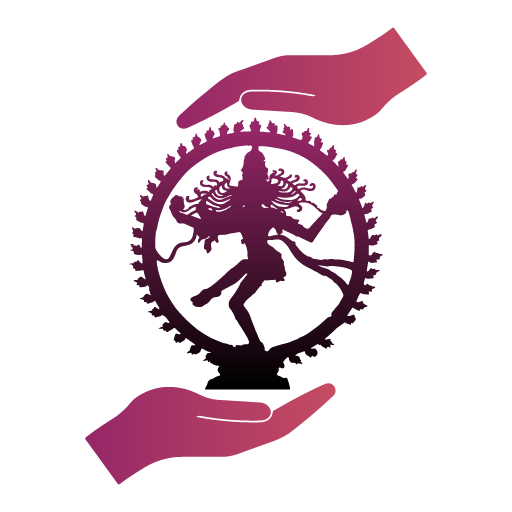






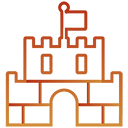






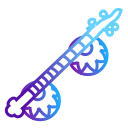





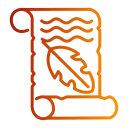

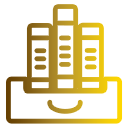














 Recognizing the ongoing need to position itself for the digital future, Indian Culture is an initiative by the Ministry of Culture. A platform that hosts data of cultural relevance from various repositories and institutions all over India.
Recognizing the ongoing need to position itself for the digital future, Indian Culture is an initiative by the Ministry of Culture. A platform that hosts data of cultural relevance from various repositories and institutions all over India.